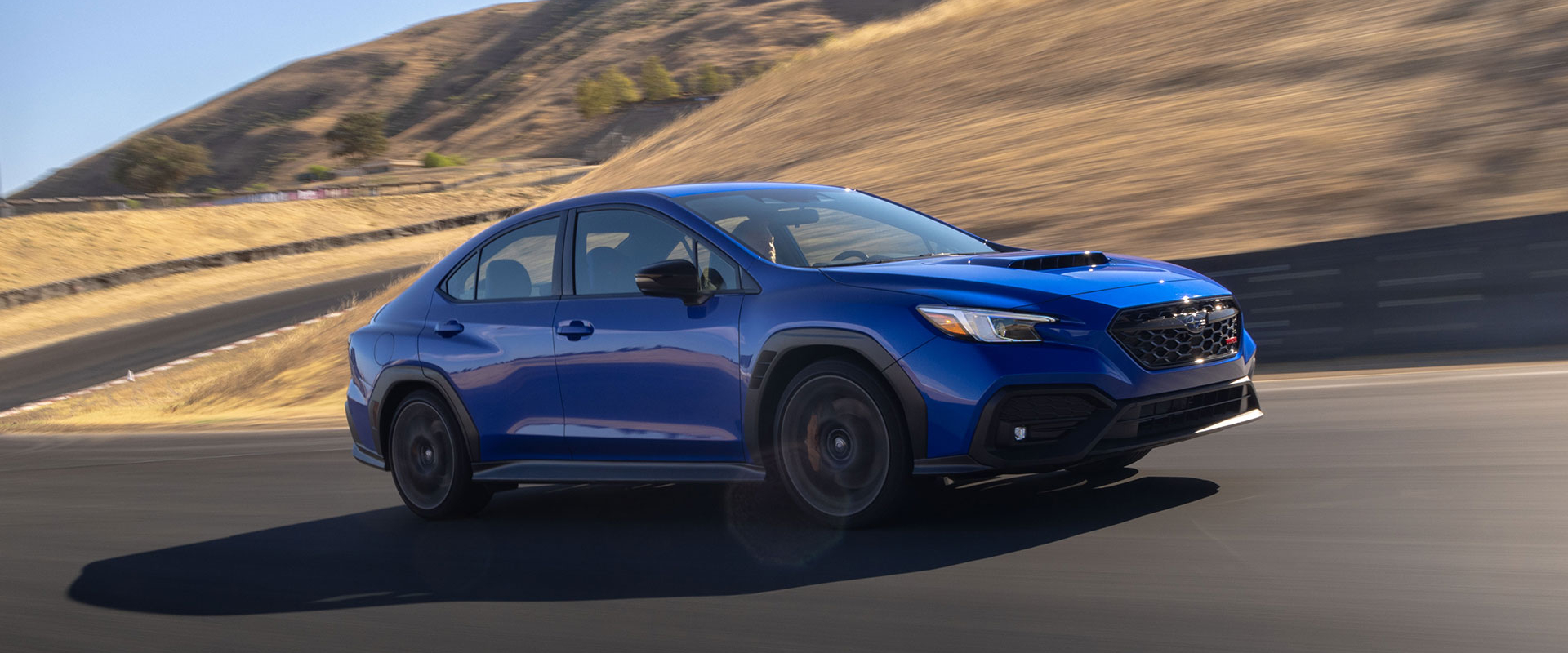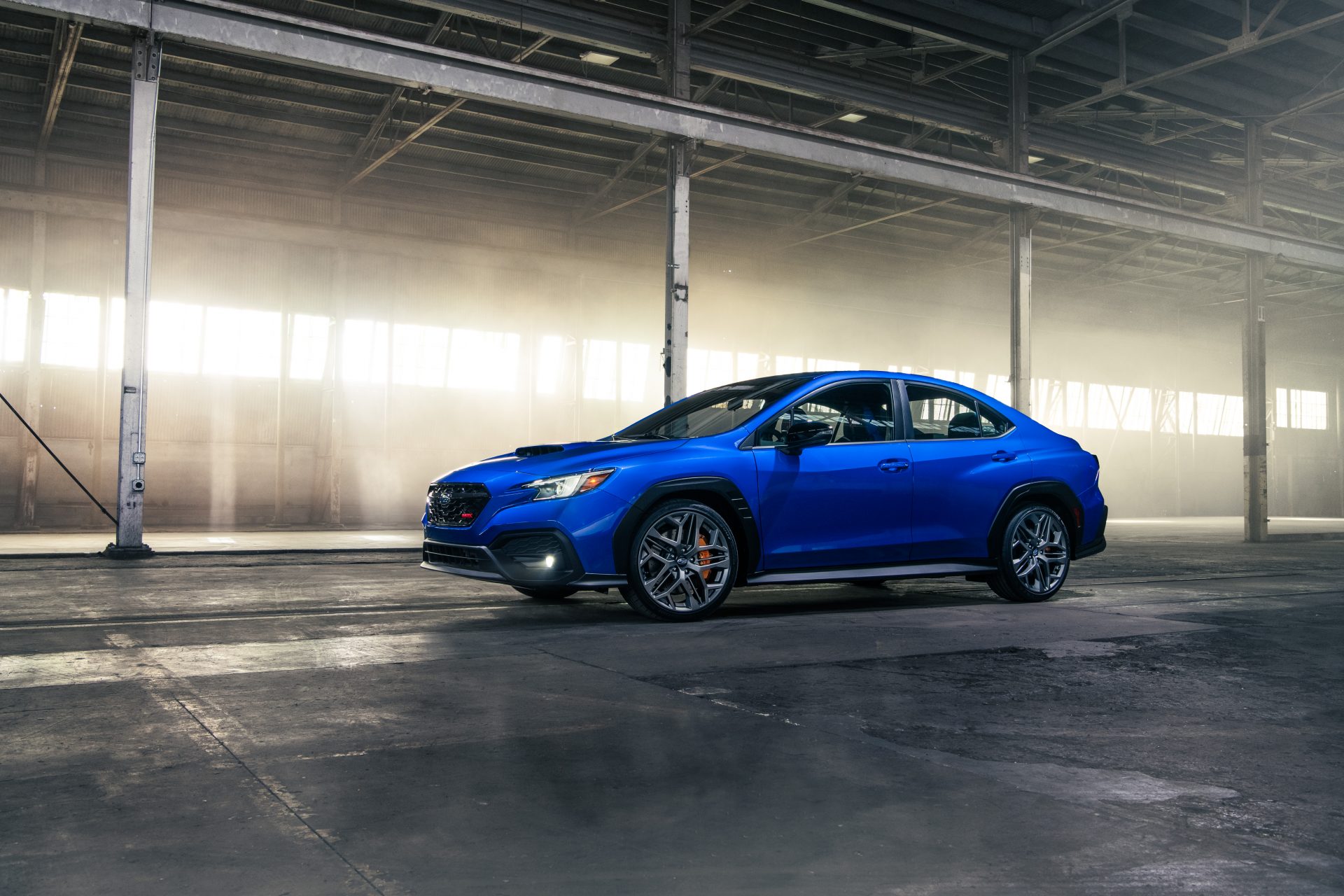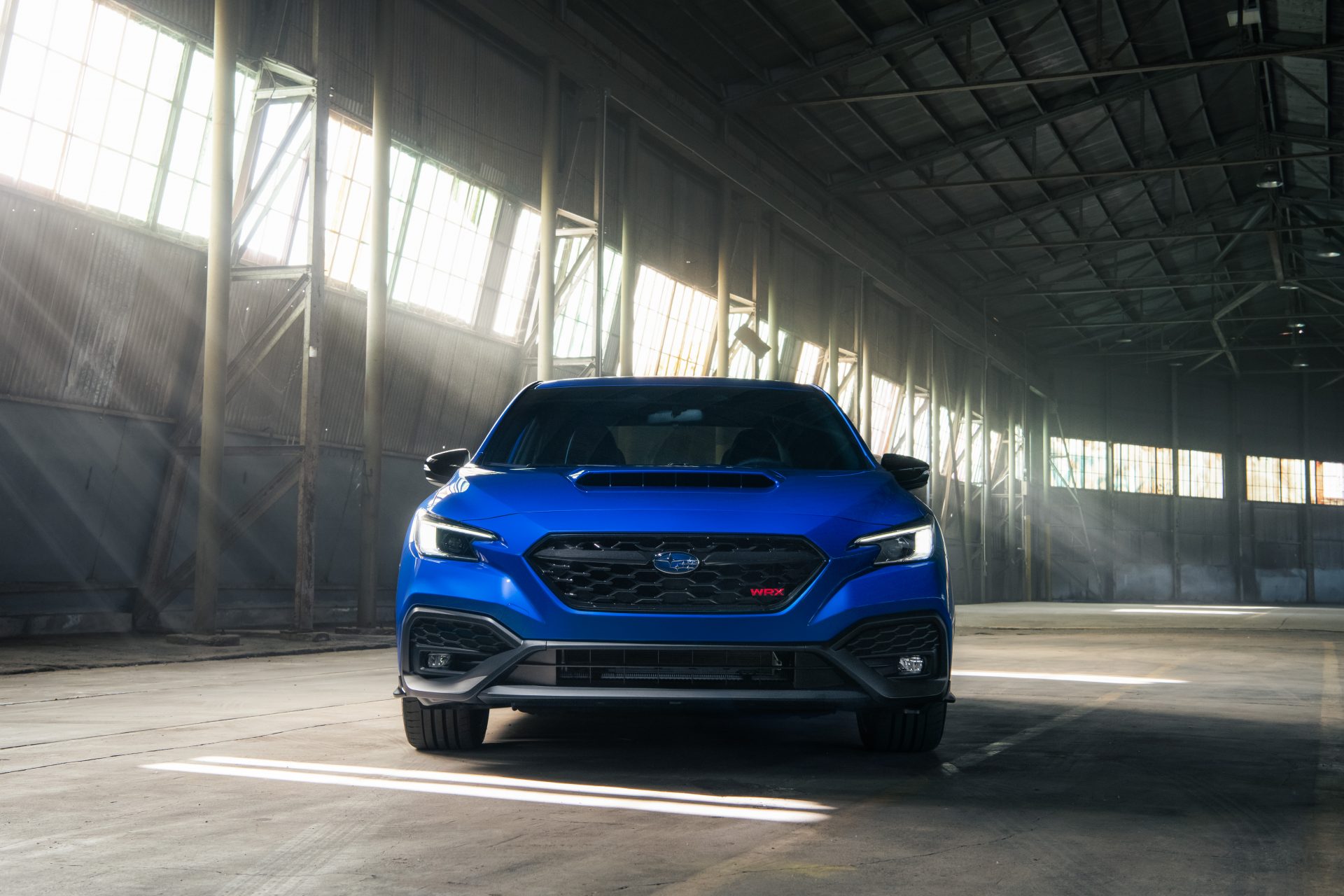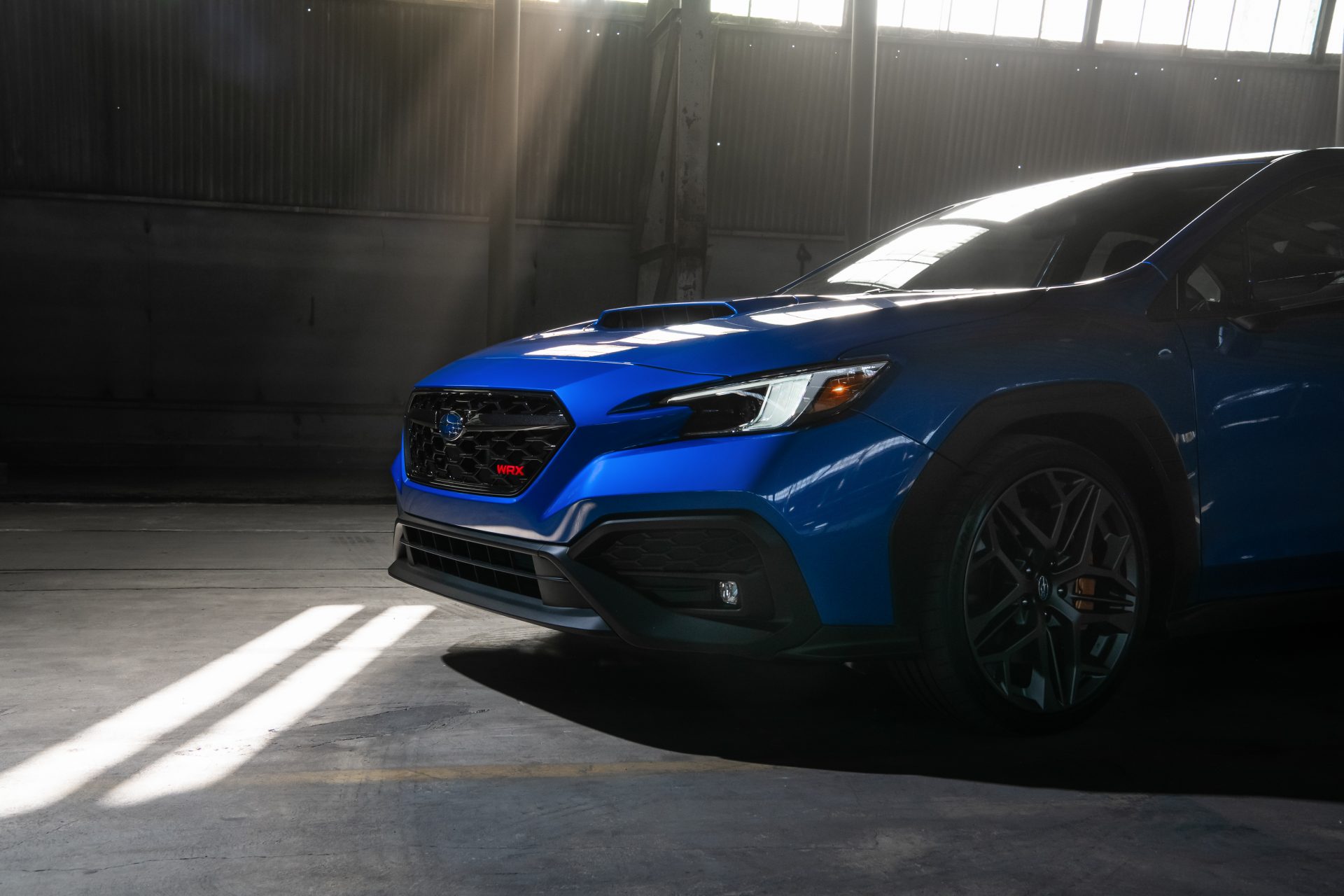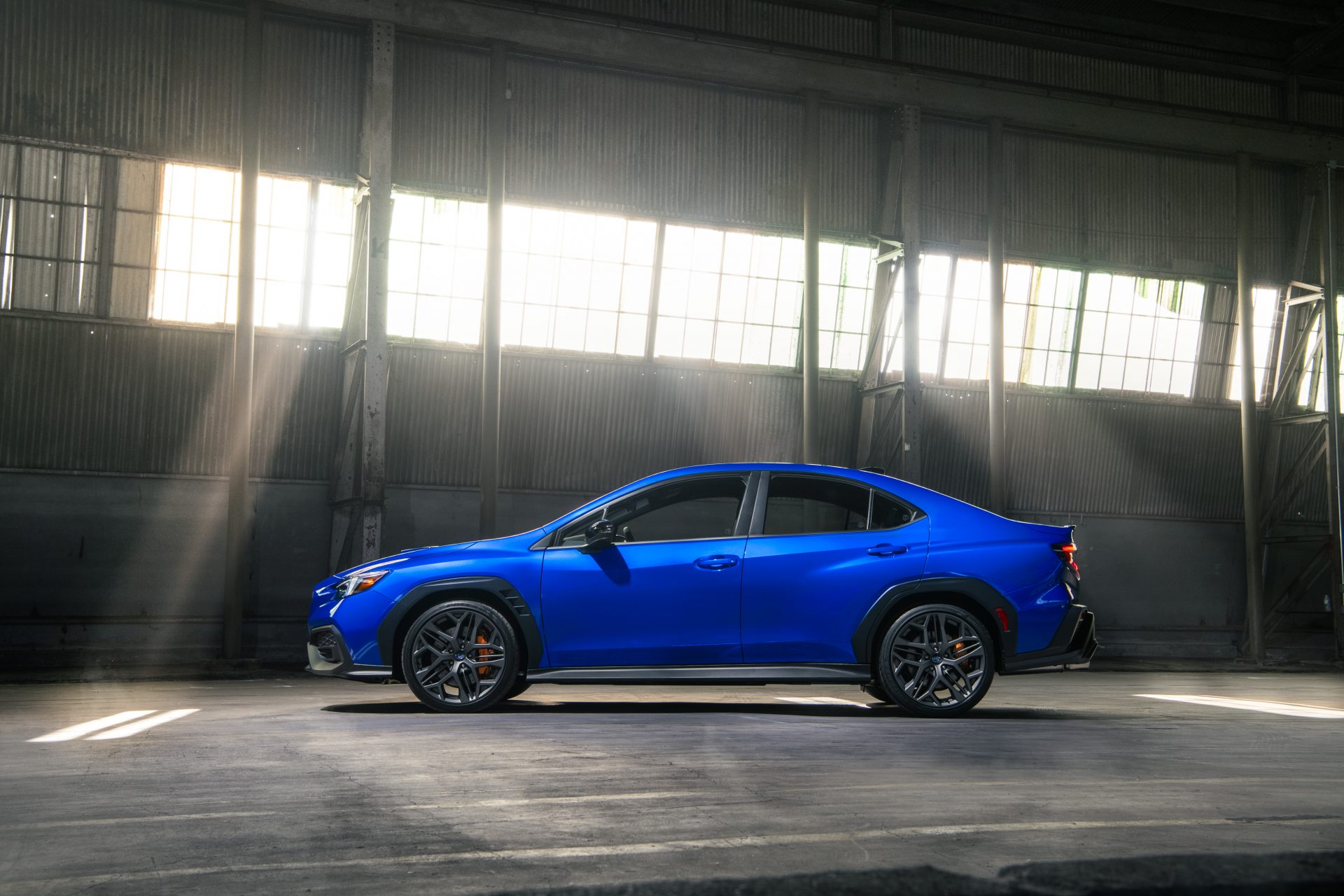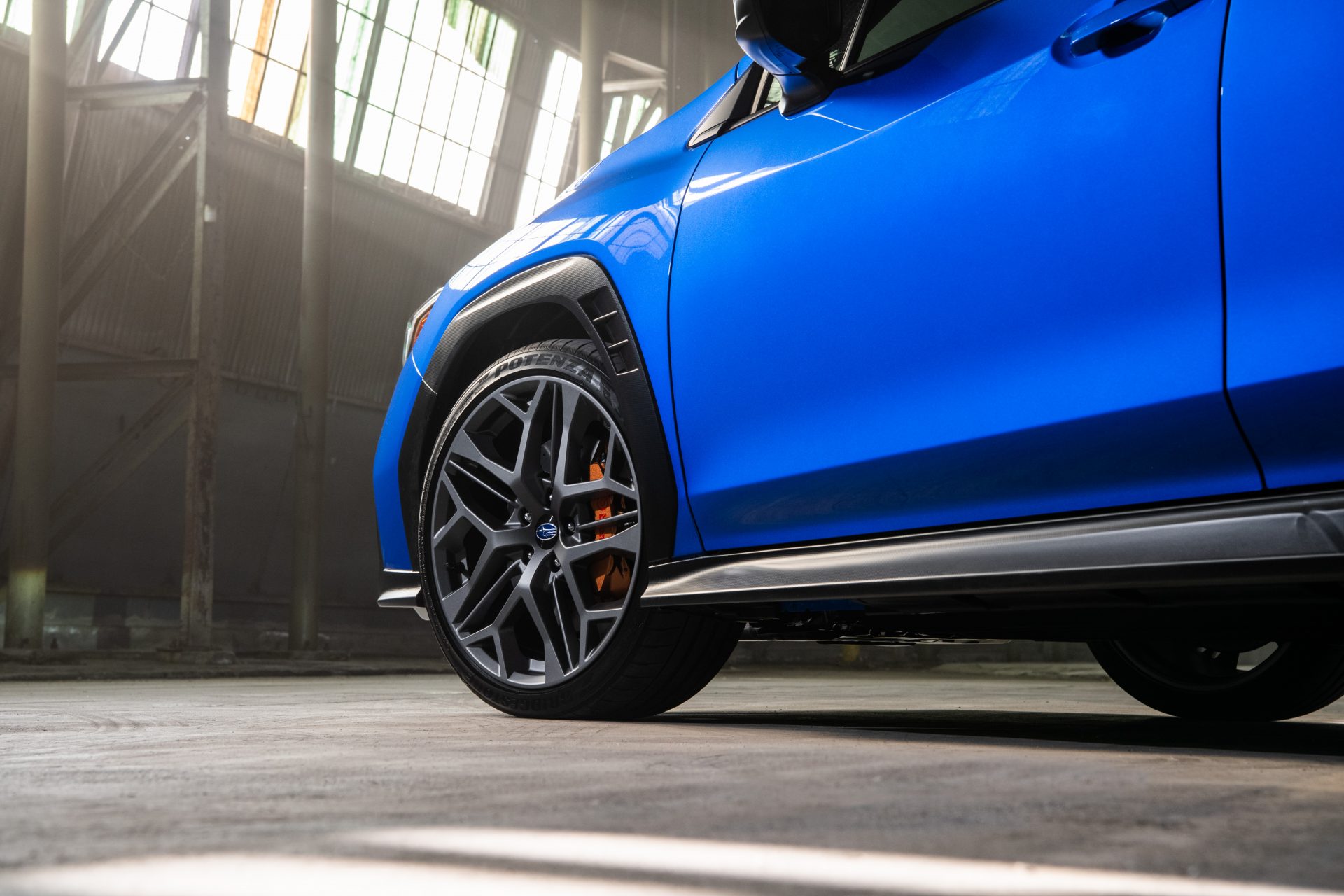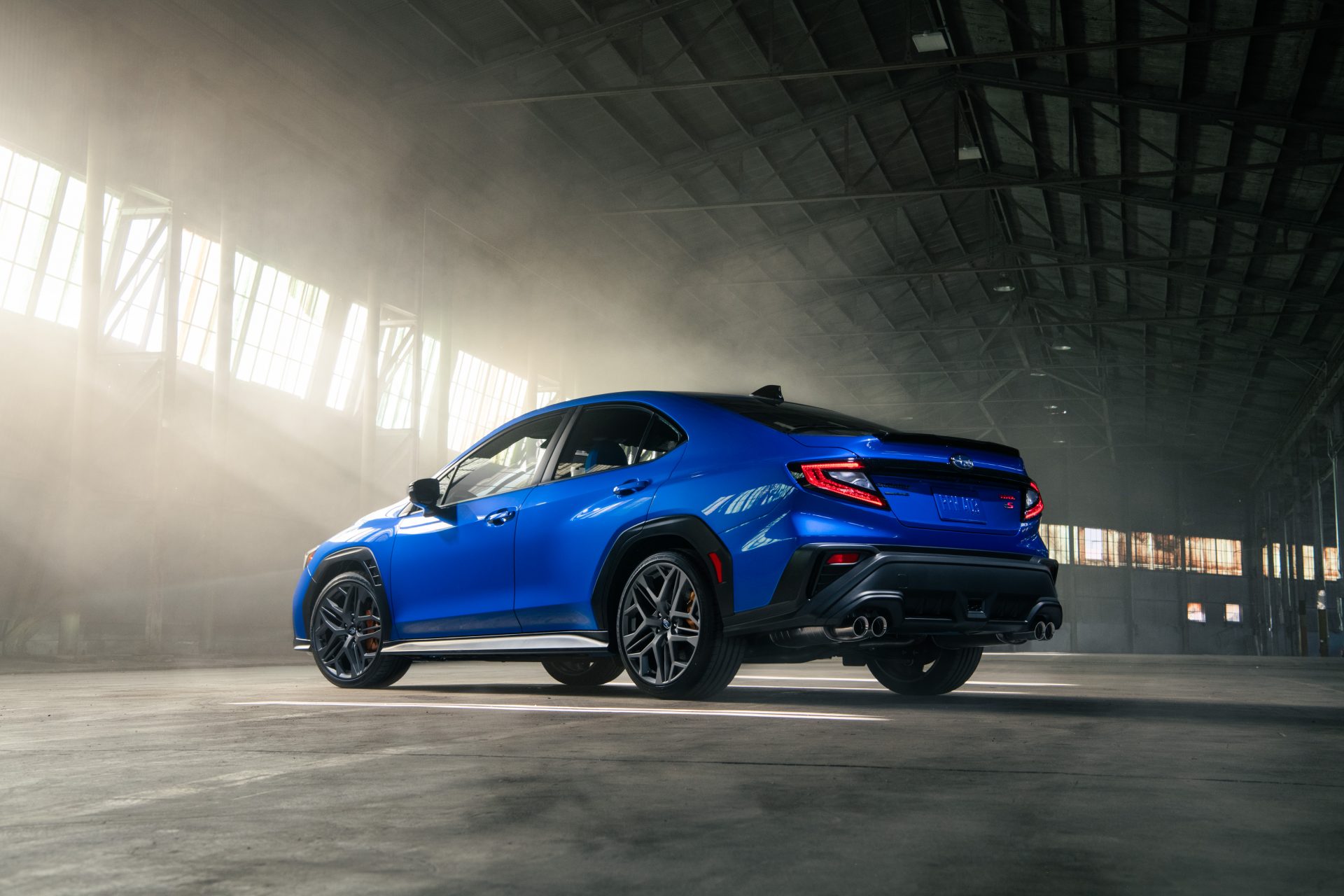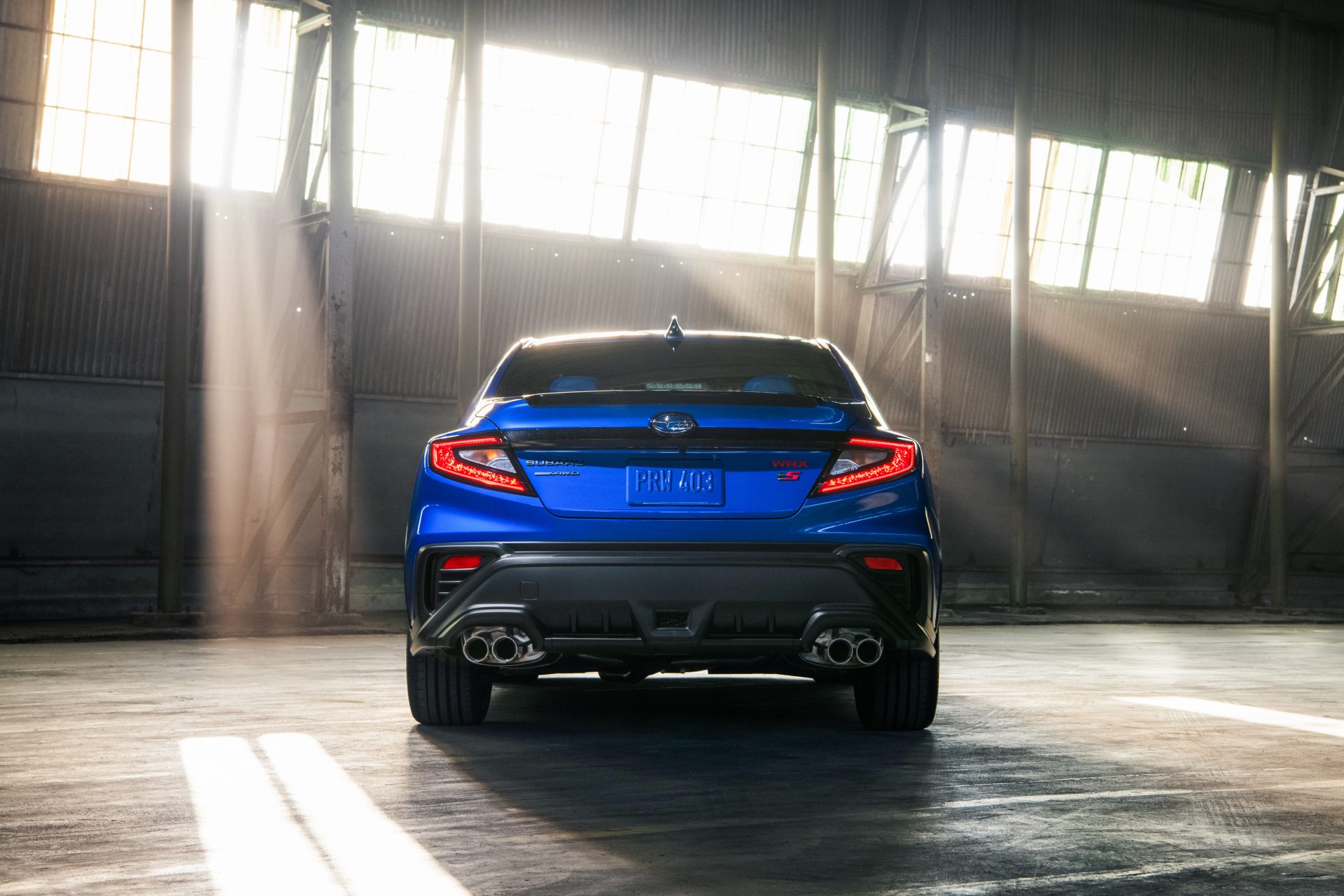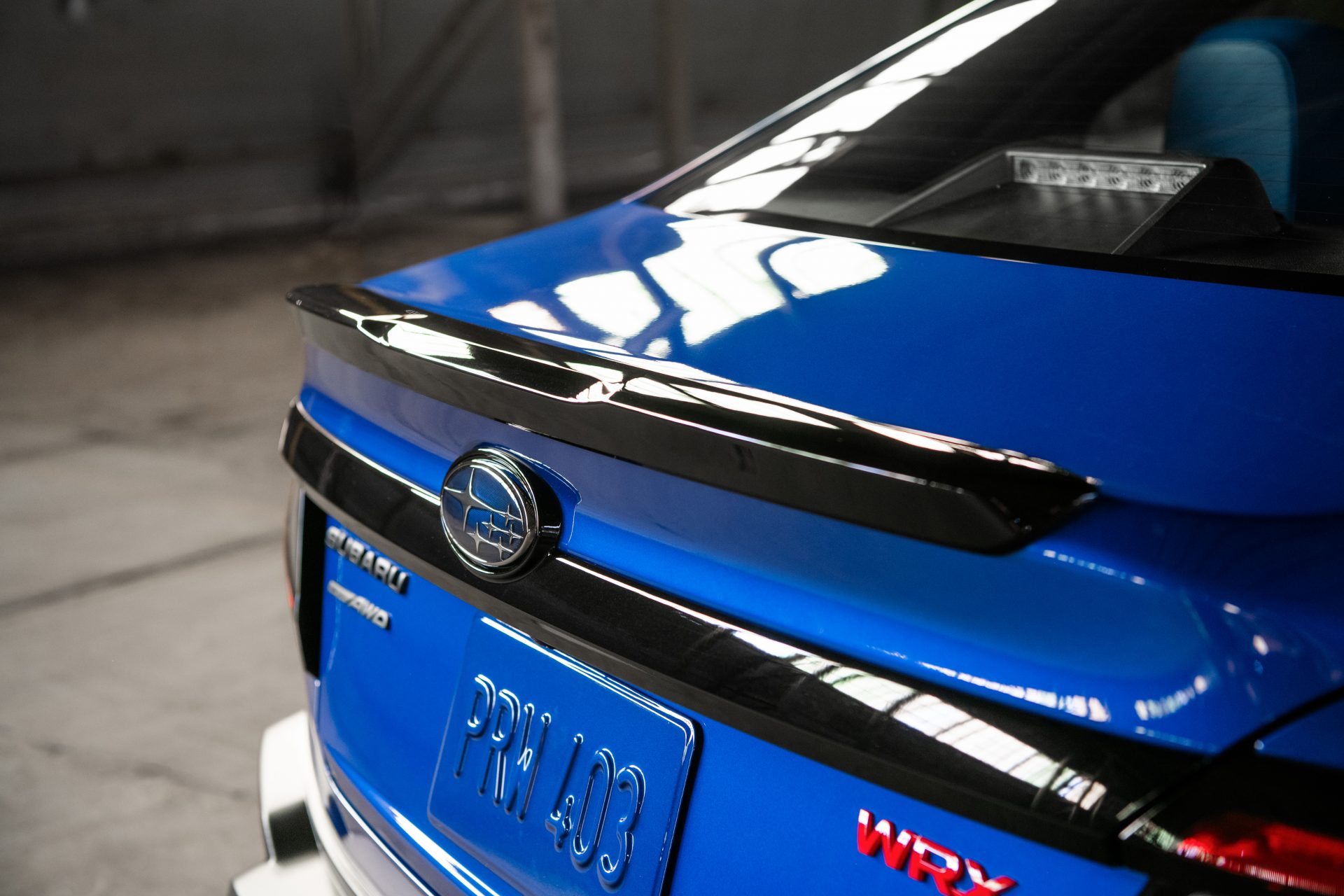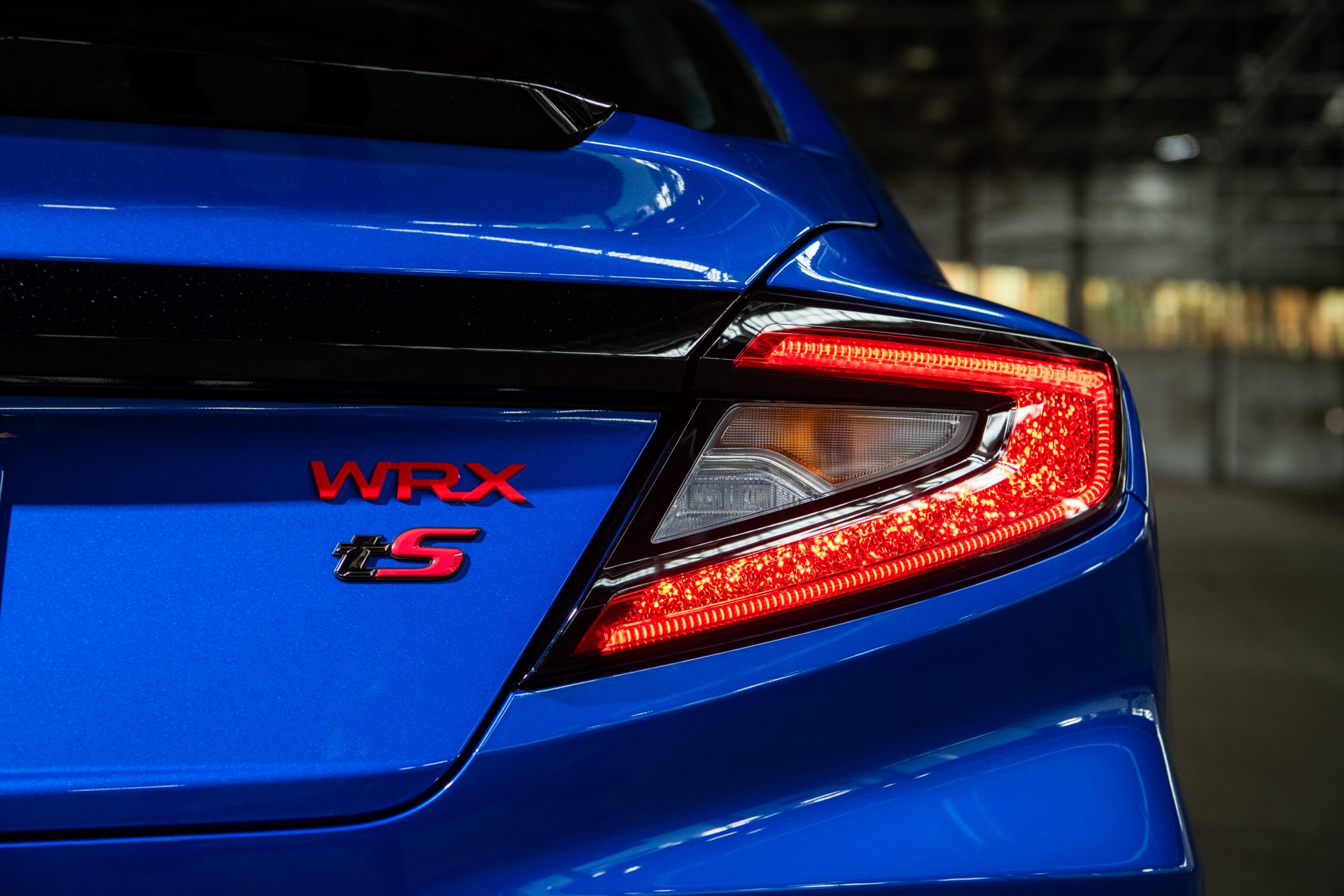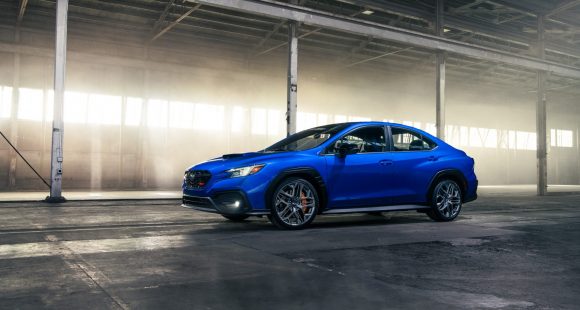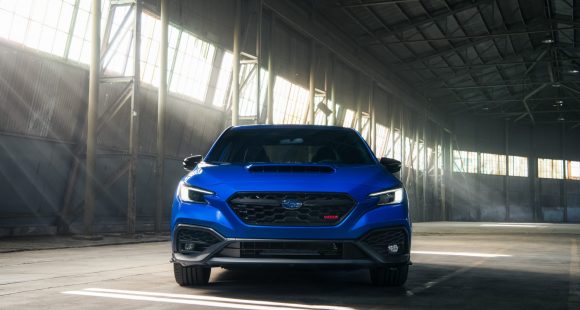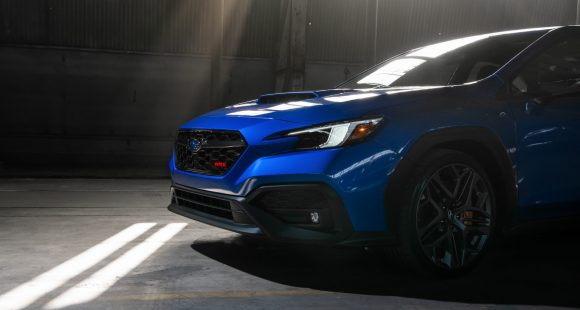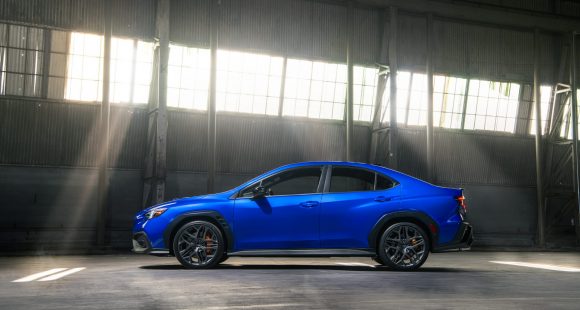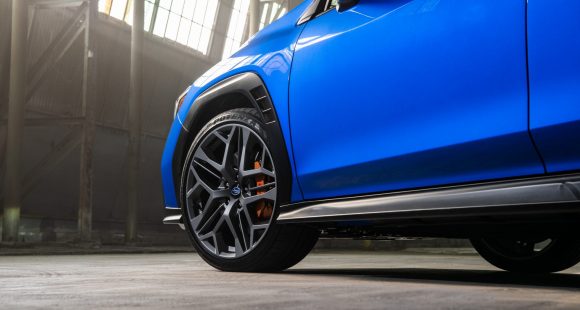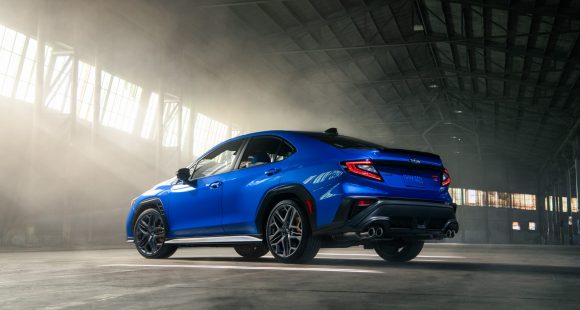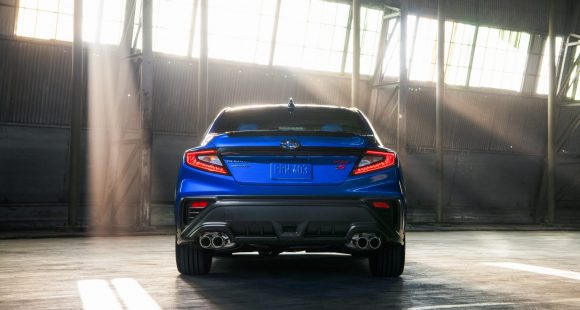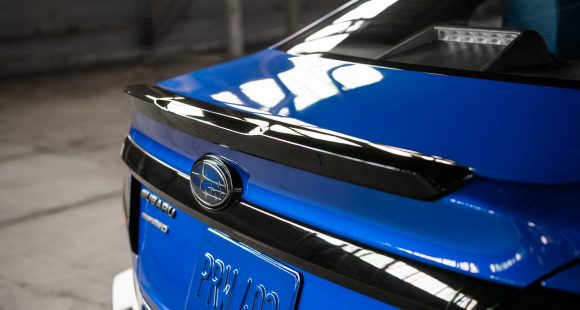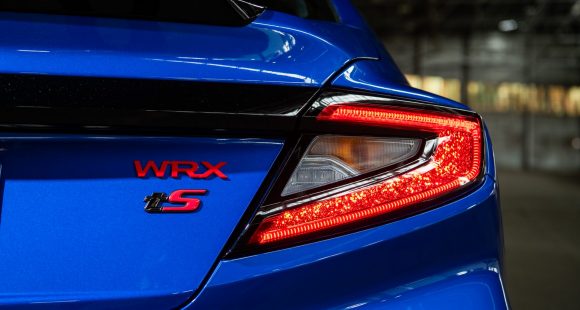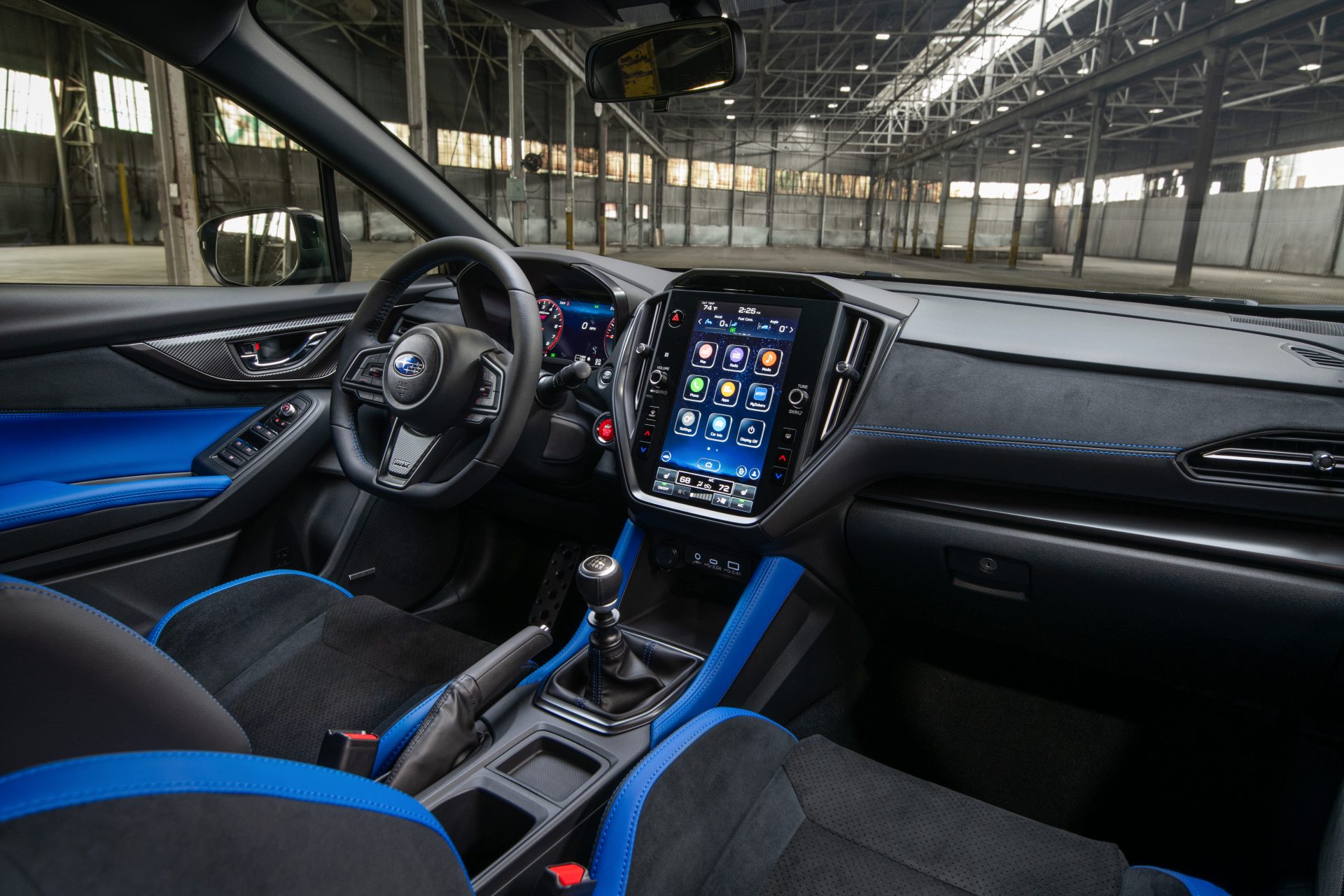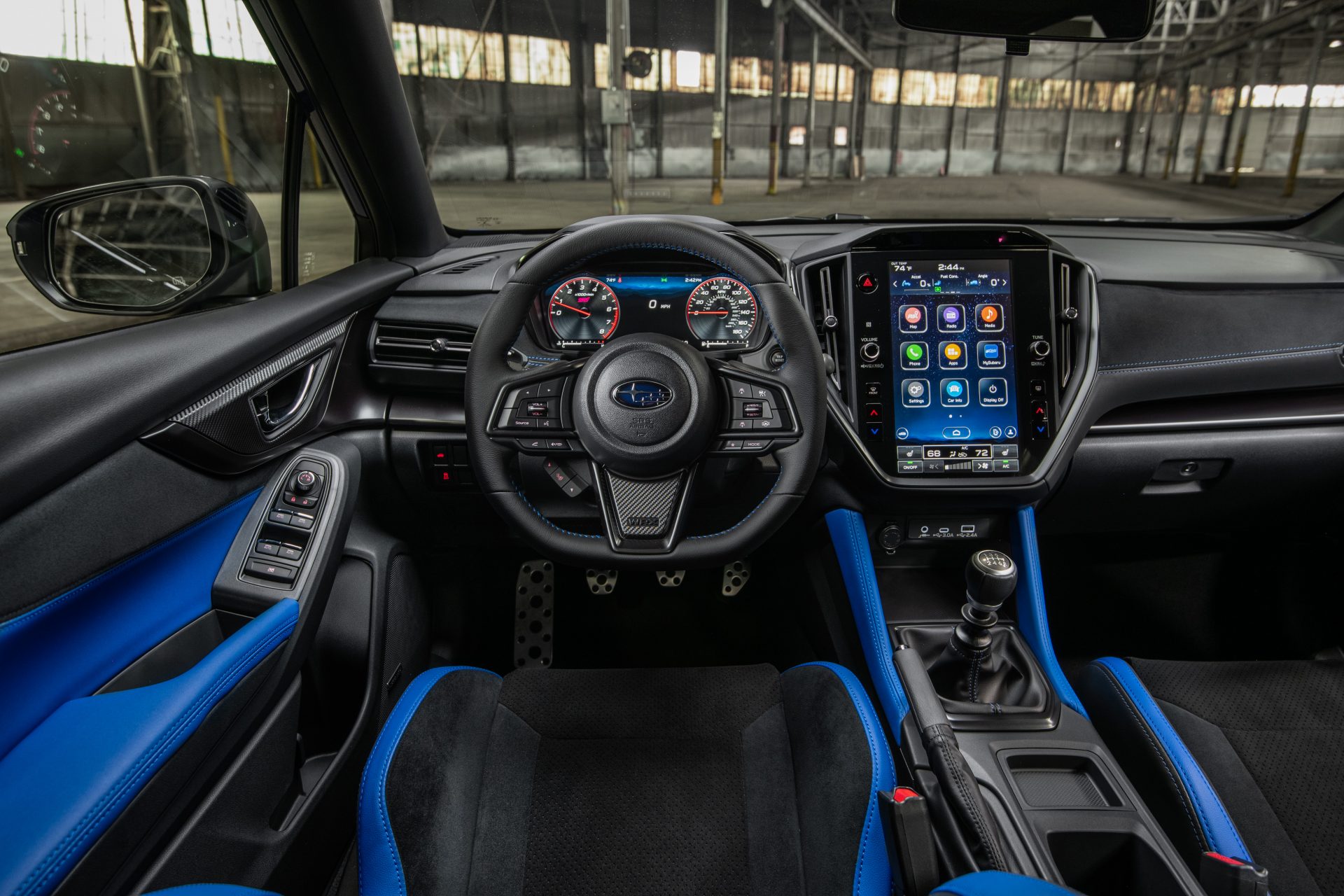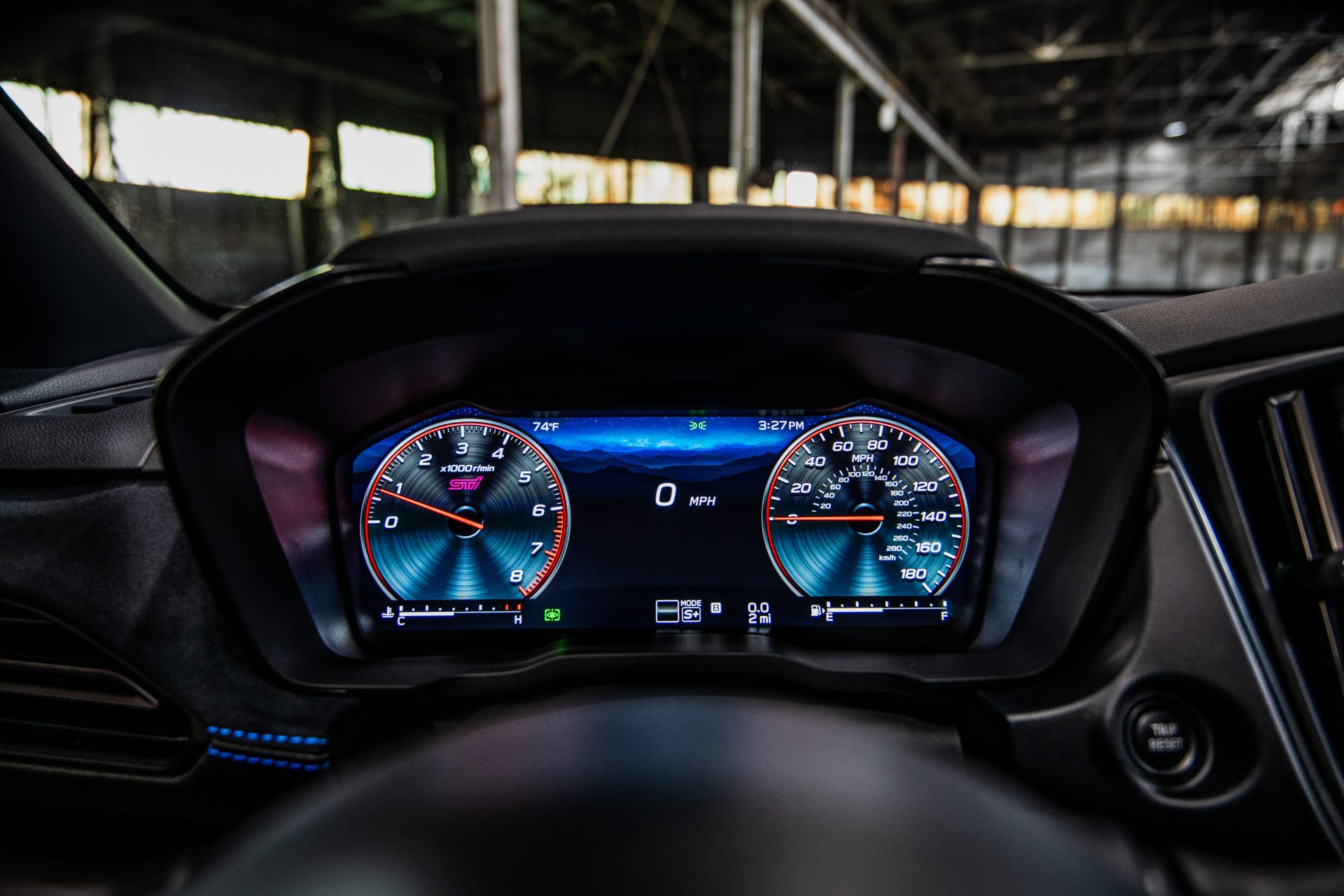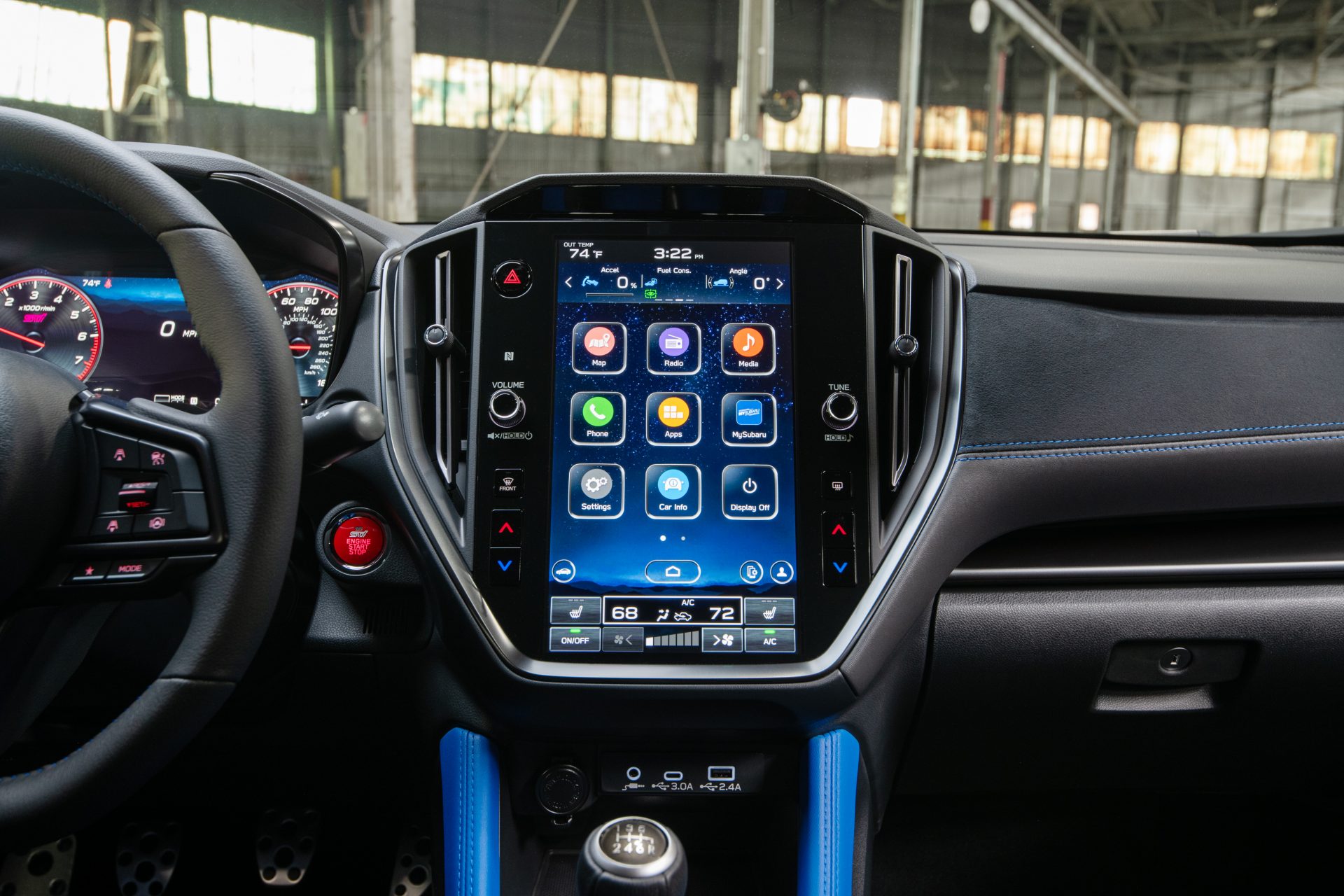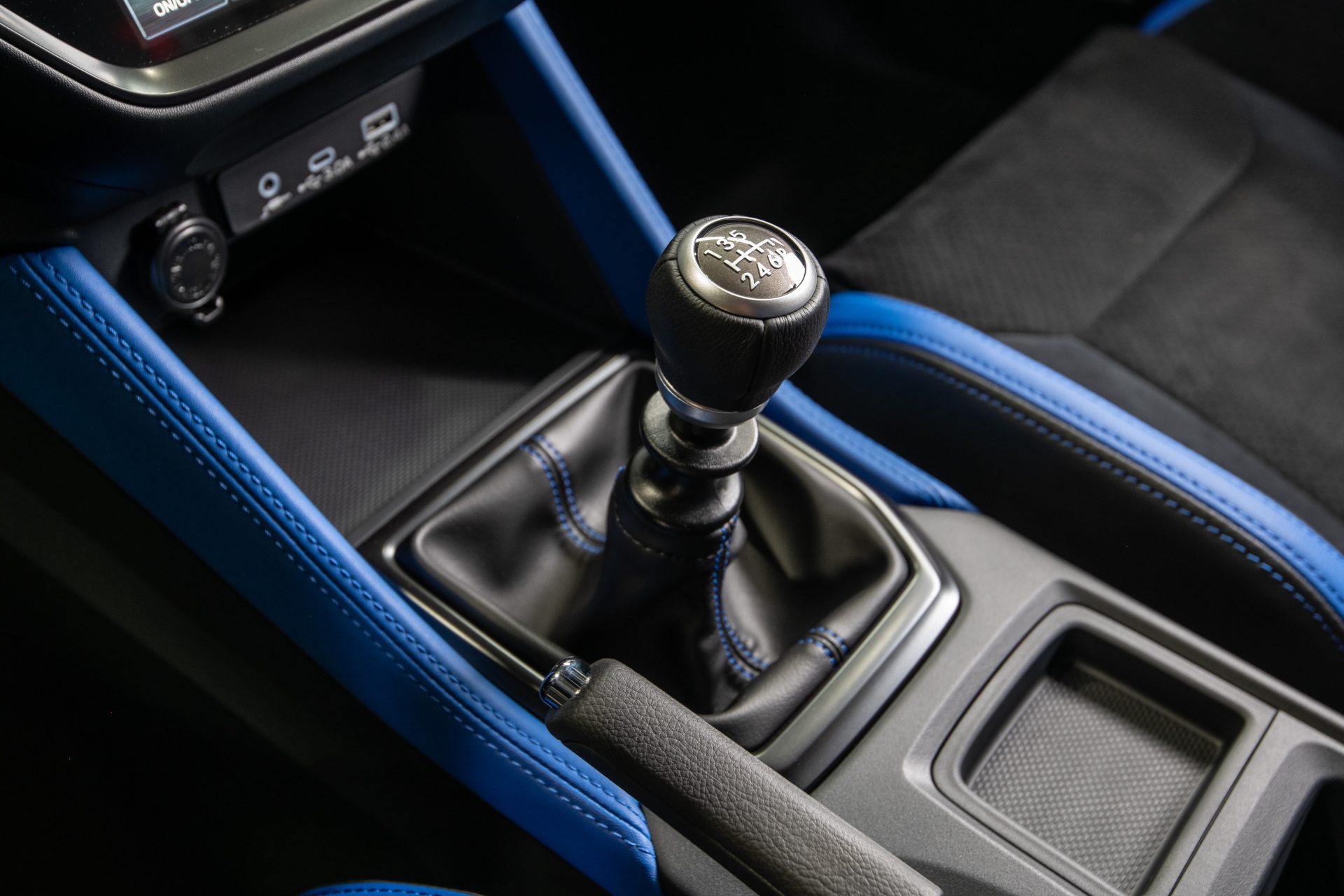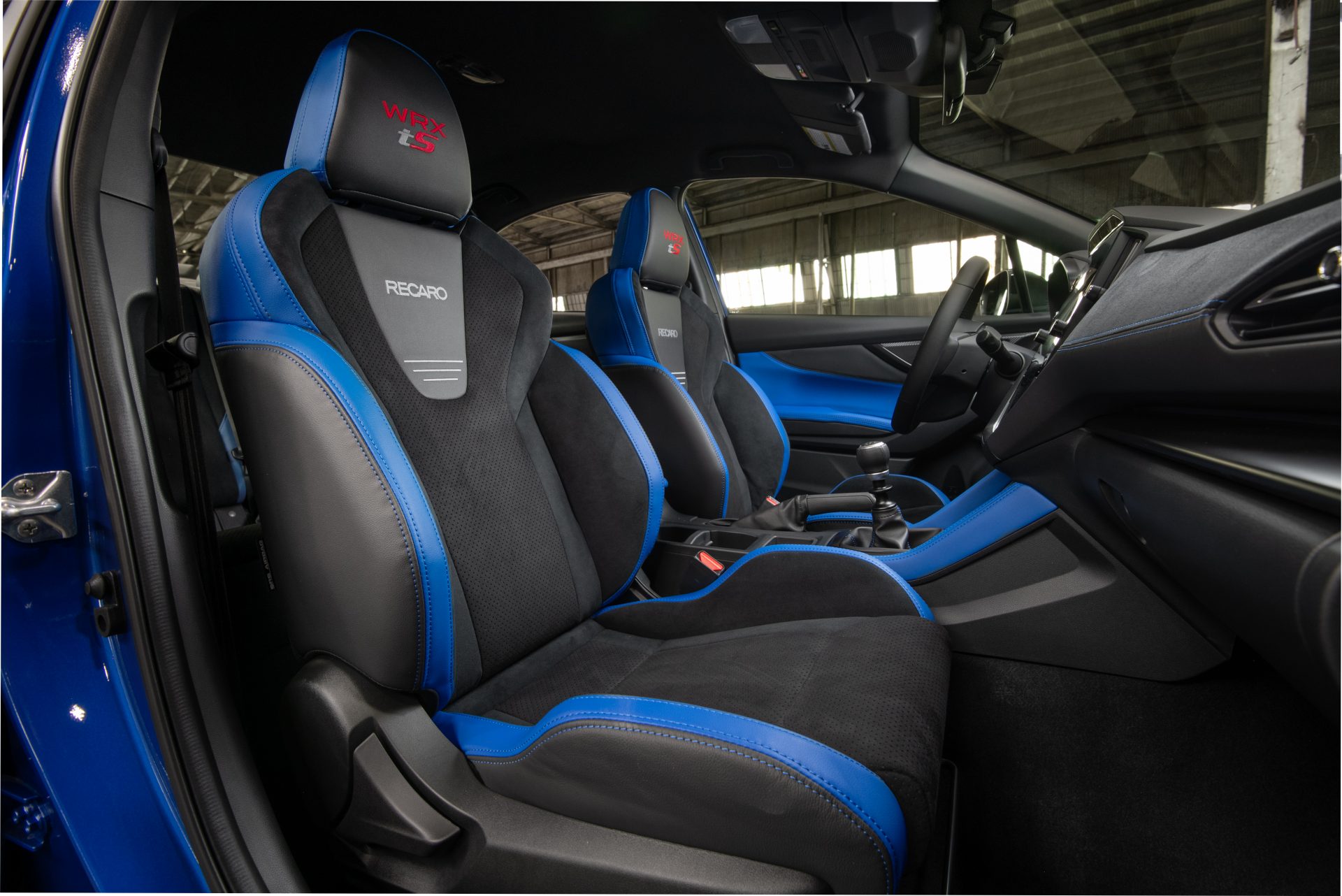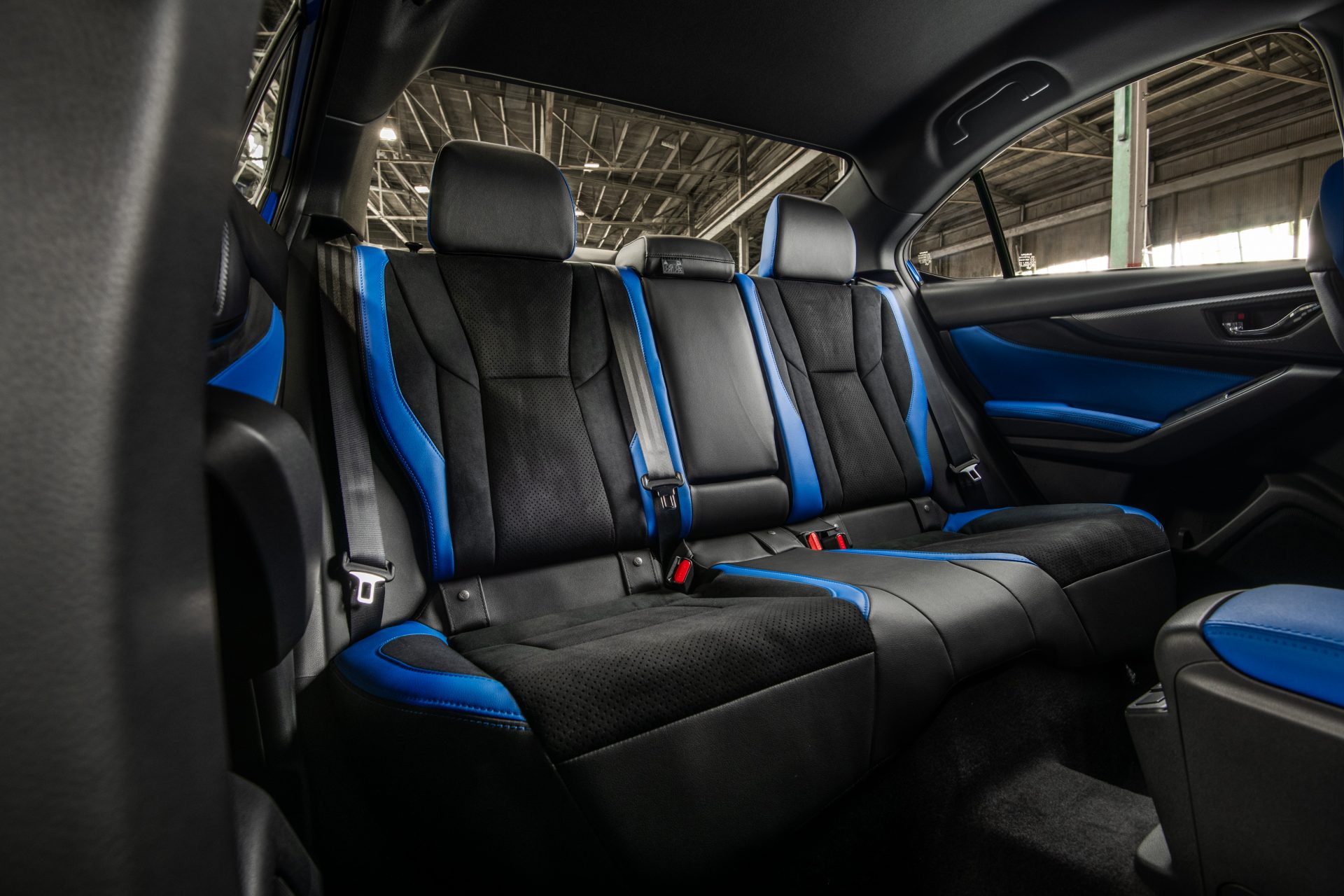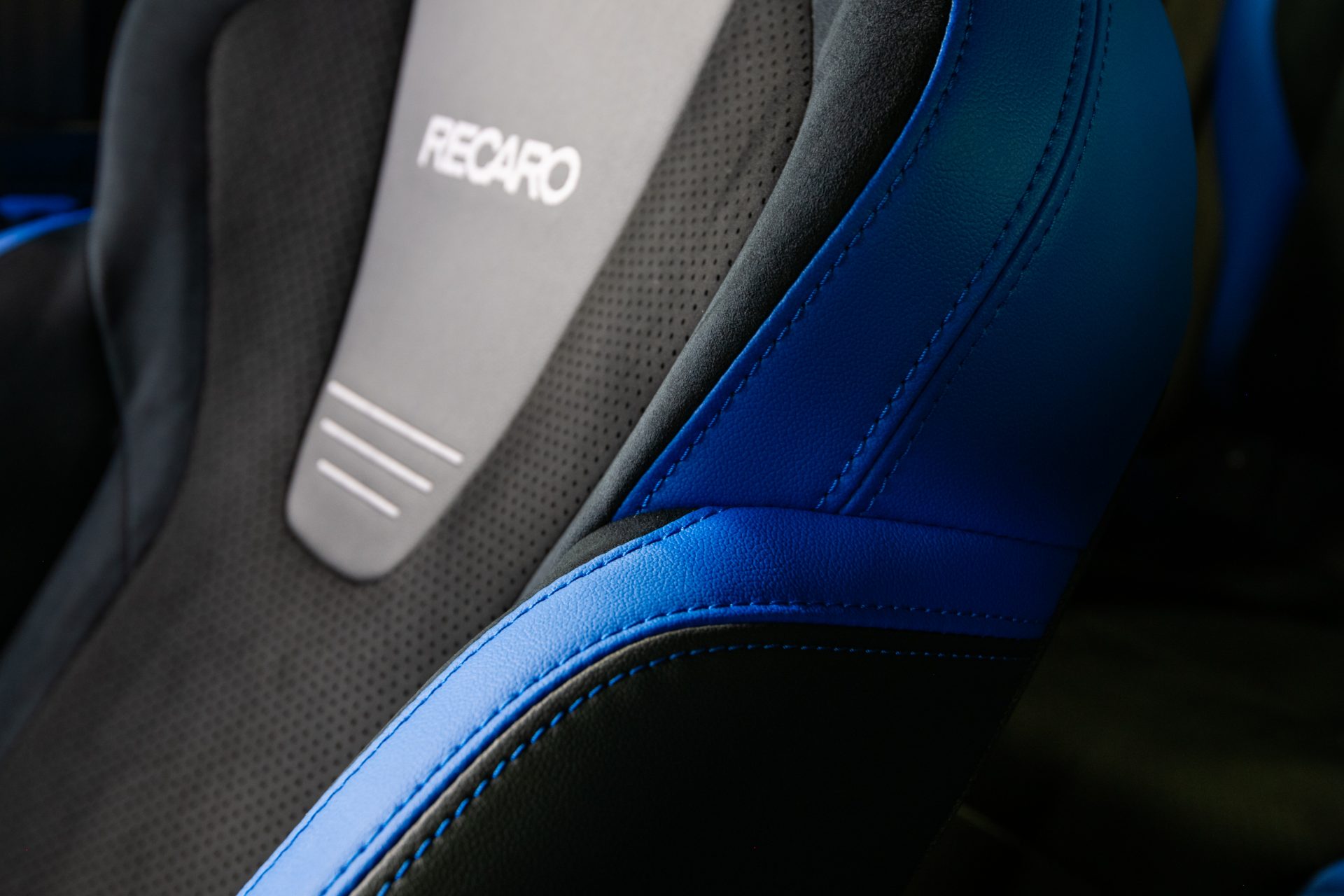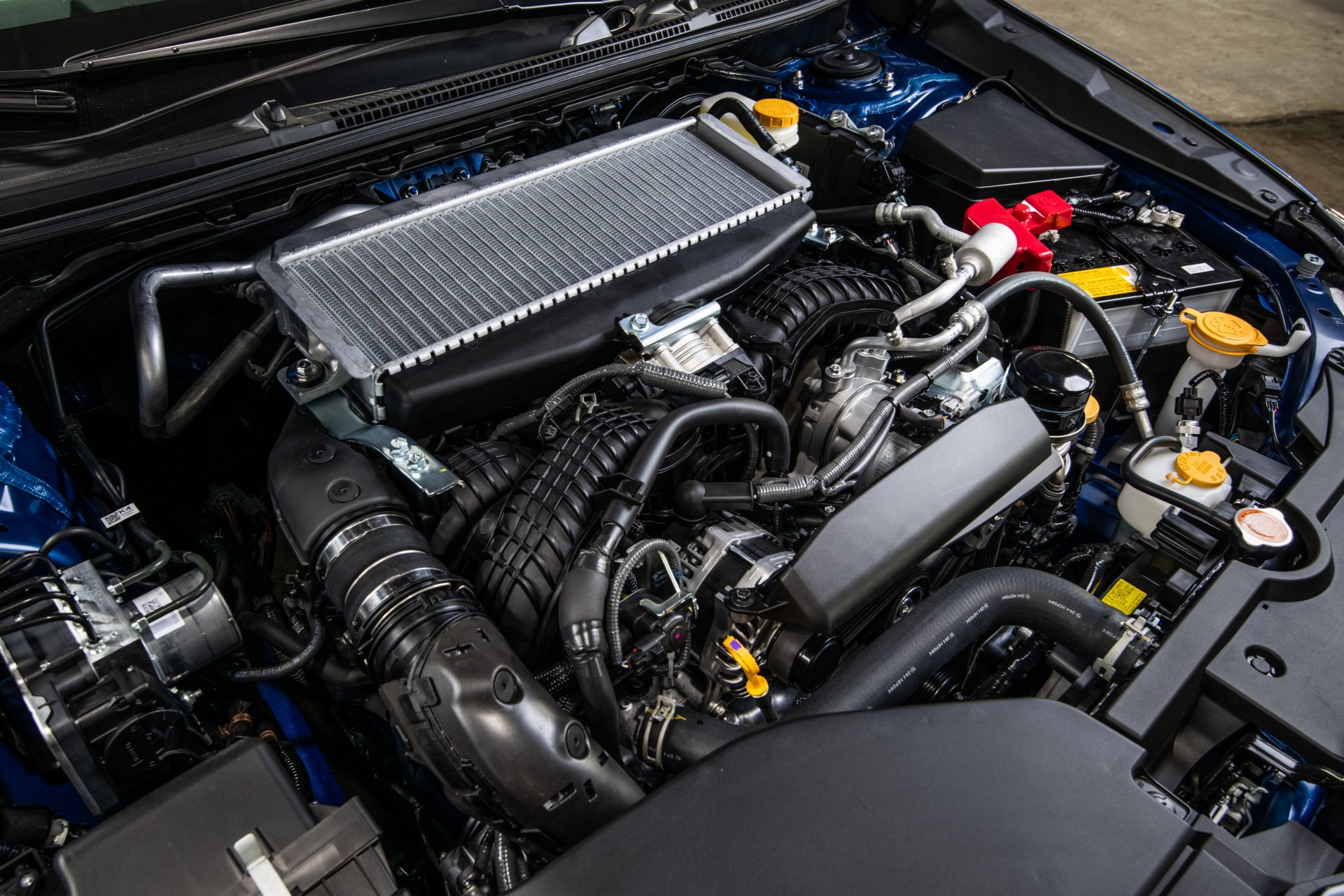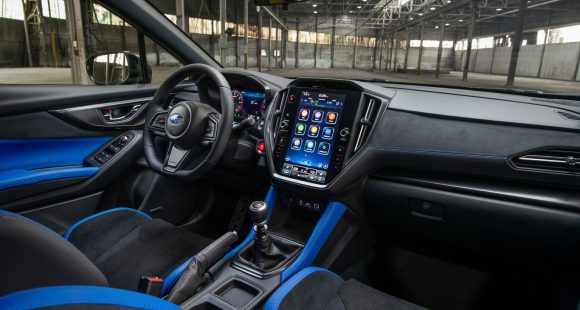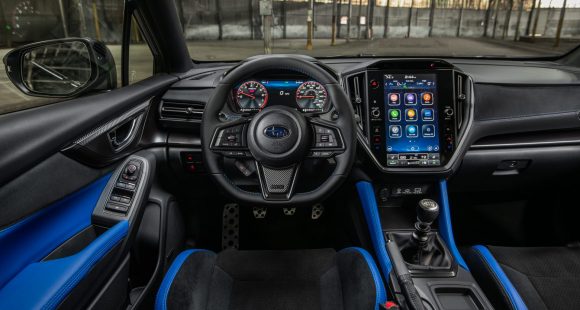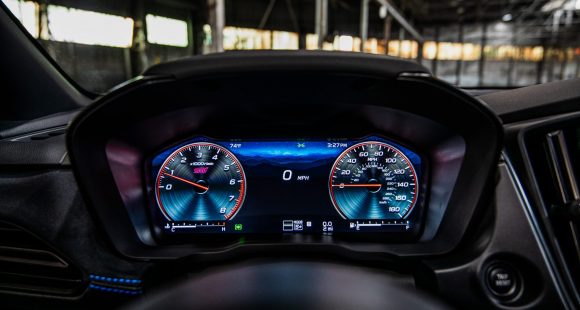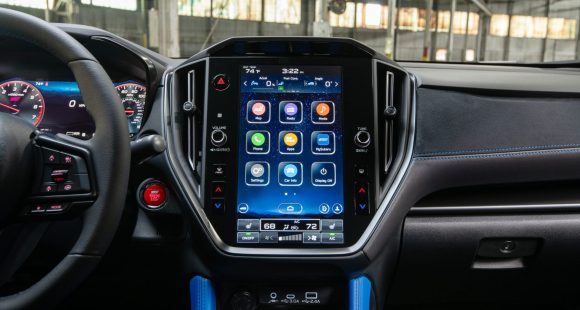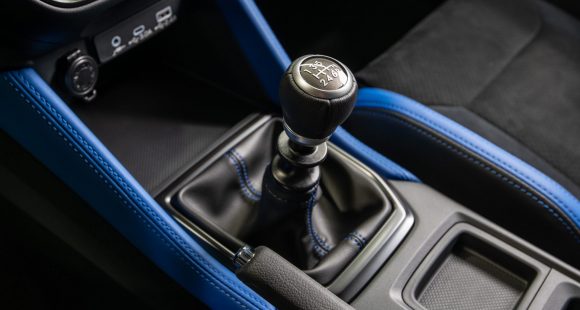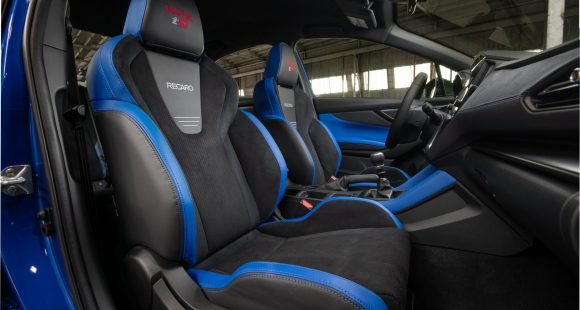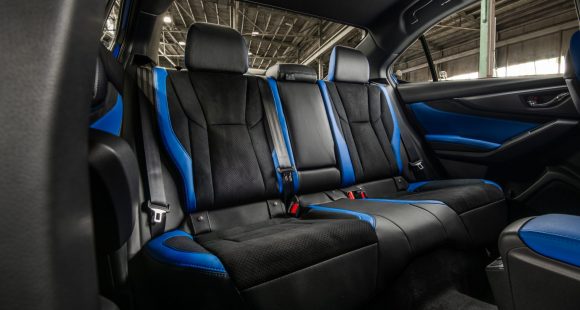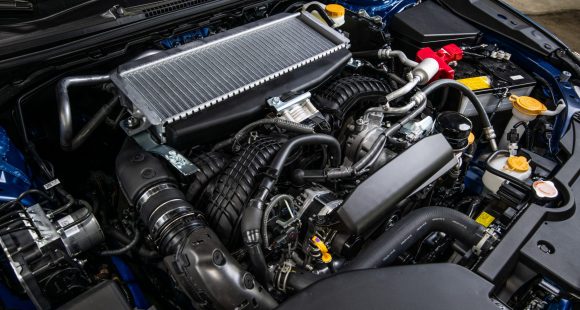2019 Volkswagen Jetta
Volkswagen needs you…and a lot of other Americans…to reach their goal of 5% U.S. market share. It’s about 2% today. Their new atlas and Tiguan SUVs will certainly help, but they need more. So, enter an all-new Jetta compact sedan. Now, VW says that more than ever, it was designed with Amercian buyers in mind. But in doing so, VW risks ruining what made Jetta popular in the first place. So let’s see how well VW walks that tight rope.
With over 17½ million sold since 1979, the Volkswagen Jetta is a well-recognized, global nameplate. When the last Jetta sedan debuted right around the beginning of this decade, it was part of Volkswagen’s new strategy to not only build cars in North America, but to tailor them specifically for American drivers.
What that meant was less emphasis on ride-and-handling, making space and price the priorities. That “bigger and cheaper is better” approach yielded exactly the desired results, record sales.
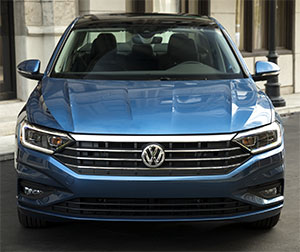 For 2019, the 7th gen. Volkswagen Jetta not only doubles down on that strategy, but attempts to bring more driving excitement back into the mix.
For 2019, the 7th gen. Volkswagen Jetta not only doubles down on that strategy, but attempts to bring more driving excitement back into the mix.
While it still bears a resemblance to the conservative Passat, it’s certainly the most dynamic Jetta we’ve ever seen, and if you were expecting to hear the words “coupe-like profile”; well, they’re here.
The other usual descriptors apply as well, longer wheelbase, shorter overhangs, wider track; and cliché as it all may be, it’s hard to argue with the very handsome results.
A slicker shape is only part of what VW has done to get back some of the fuel economy lost without diesel or hybrid models. Active grille shutters up front, and while technically the same engine, the 1.4-liter turbo behind that grille is now tuned for more efficiency.
3-horsepower was lost in that transformation, now at 147; but torque remains the same at 184 lb-ft.
Furthering the theme, base cars get an extra gear for a 6-speed manual, and the optional automatic is now an 8-speed.
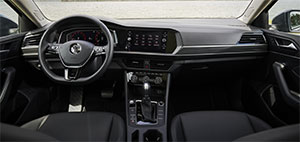 The results are improved Government Fuel Economy Ratings of 30-City, 40-Highway, and 34-Combined; the same regardless of transmission.
The results are improved Government Fuel Economy Ratings of 30-City, 40-Highway, and 34-Combined; the same regardless of transmission.
While far from flashy inside, the exaggerated tilt of the center stack, sets a more driver-oriented tone to the space; and there’s much less hard plastic to be found, leaving nothing much to complain about.
And impressive features like the digital dash won’t be found anywhere else in this segment.
Top SEL Premium trim will also get you leather seats, both heated and ventilated; a new 8-inch Discover Media infotainment with navigation; selectable drive modes, and a 10-color LED ambient lighting system.
There is indeed plenty of space inside to get comfortable, no matter whether you’re the driver or just along for the ride. And cargo space is plentiful as well, at 14.1 cubic-ft.; 60/40 split-folding seatbacks are standard.
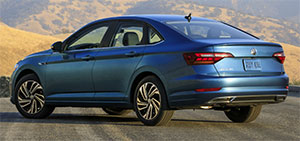 Our early drive time came around Raleigh, North Carolina; and we’ll jump right in with talk of the suspension. Yes, a torsion beam is back at the rear on all trims. And while it’s easy to complain; for American Jetta buyers, it’s likely the ideal blend of capability with great everyday comfort.
Our early drive time came around Raleigh, North Carolina; and we’ll jump right in with talk of the suspension. Yes, a torsion beam is back at the rear on all trims. And while it’s easy to complain; for American Jetta buyers, it’s likely the ideal blend of capability with great everyday comfort.
And, it keeps costs down. Helping offset that is the fact that that torsion beam is now bolted to VW’s MQB architecture. Does it provide A4-like sport sedan agility? Not quite. Is it a sensibly entertaining everyday compact sedan? We’d say yes and then some. Certainly more lively than segment leaders Honda Civic and Toyota Corolla.
The new 8-speed automatic stays very busy managing power delivery from the little 1.4-liter; but it does so without undo effort. Sporty R-Line trim has no any added power, but it does get an XDS electronic differential, unique wheels, black trim, and dual exhaust tips.
VW is certainly attempting to attract your bucks by delivering as much bang as possible; very well equipped base S trim starts at $19,395, down 100 bucks from last year; top trim SEL Premium goes for $27,795. Plus, VW’s new People First warranty includes bumper-to-bumper protection for 6 years or 72,000 miles.
It would be foolish to expect the 2019 Volkswagen Jetta alone to put the brand’s sale’s goal within reach. But, it is another correct step in that direction. VW has walked the tight rope well. So, if you’re thinking about a compact sedan, with Corolla and Civic on your list, we think you should add the very entertaining VW Jetta at the top.
Specifications
- Engine: 1.4 liter
- Horsepower: 147
- Torque: 184 lb-ft.
- EPA: 30 mpg city / 40 mpg highway
2025 Subaru WRX tS
Subaru’s “World Rally eXperimental” Gets Tecnica-Tuned Tech
Building on its global rally heritage, WRX has been a standalone Subaru nameplate, marketed separately from garden variety Impreza, for two generations now. And while the current WRX still lacks the full STI treatment, this WRX tS serves up some of that high-performance spice we’ve been longing for.
Before we go flat out into our Track Test of this 2025 Subaru WRX tS, lets open the Subaru dictionary so we’re all on the same page. “tS” stands for “tuned by STI;” and “STI” is an acronym for “Subaru Tecnica International,” the brand’s high-performance sub-group best known for upgrading the WRX— oh, that stands for “World Rally eXperimental,” in case you didn’t know.
All that said, STI has been largely dormant for this WRX generation, but this tS sprinkles more of their engineering magic into the mix. No, that doesn’t mean extra power, but does mean significant chassis-related improvements.
First, electronically controlled dampers, adjustable through the 11.6-inch tablet-style infotainment screen. That meant a softer “comfort” mode on the 10+ hour commute to and from Savannah’s Roebling Road Raceway. But once we were there, it was the firmer “Sport+” setting all the way, heightening response from the WRX’s throttle and already quick dual-pinion power steering system. There’s still some body roll for rally-esque weight transfer, but it’s well sorted and provides the “toss-ability” you want in a WRX.
Though if you do autocross your tS, which we implore you to do, you might feel the six-piston front, two-piston rear Brembo brakes first. The bite is strong, giving good rotation in the corners and plenty of “halt” for this 3,400 lb. compact with minimal fade, keeping us on track all week…until some unfortunate winter weather passed overhead. No worries here, as Subaru’s Symmetrical All-Wheel-Drive system got us to the track for some powdered deserts: Frosted donuts served up Michelin style, a set of winter tires different from the grippy Bridgestone Potenza S007 rubber the tS typically rides on. Some prior hot laps of California’s Sonoma Raceway gave credence to those Bridgestones, and showed us what this hot-compact can do in ideal conditions.
It’s well sorted and provides the “toss-ability” you want in a WRX.
Other tS enhancements are cabin-based, namely these beautiful blue Recaros. Most of our staff appreciated their moderately-aggressive bolstering on both street and track. And they’re even heated, too. Another tS-only appointment is this 12.3-inch digital gauge display. It mimics the standard analog gauges with some additional info, but can switch to a navigation mode for more convenient route guidance.
We do wish our tS came in the new Galaxy Purple or the trademark World Rally Blue, but this Crystal White paint wasn’t too shabby, contrasting its Cherry Blossom Red badging and blacked-out lip spoiler. Otherwise, the tS is like any other WRX, down to the hood scoop funneling air to the top-mounted intercooler.
Underneath is the same turbocharged 2.4-liter flat-four in all other trims, boxing at 271 horsepower and 258 lb-ft of torque. The freak winter weather stopped straight-line testing, but a 0-60 time estimate of 5.5 seconds is about as spry as you realistically need, pulling strong through most of the tach; though the 6,000 RPM redline required attentive shifting of the six-speed box, which the tS comes exclusively with. The throws are precise, if a little long, and the clutch is wonderfully weighted.
With discontinuation of the Base trim, pricing for the WRX now starts with Premium at $36,920. The tS is at the top of the lineup with the automatic-only GT, both starting at $46,875. All WRXs continue to be made in Gunma, Japan.
If you’re an enthusiast itching to do the tuning yourself, perhaps the 2025 Subaru WRX tS is not for you. But if you want a plug-and-play experience, this is it. While it won’t exactly bestow the loose-cannon, top-level driving skills exhibited by famous WRC drivers upon you, the tS moves this WRX’s game in a direction we’ve so desperately wanted Subaru to take.
Specifications
As Tested
- Engine: 2.4-liter flat-four
- Tranmission: 6-speed manual
- Horsepower: 271
- Torque: 258 lb-ft







